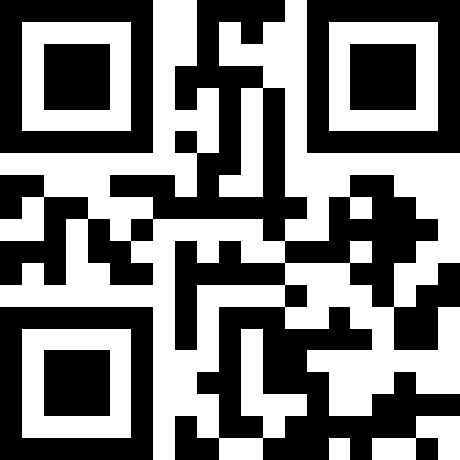Get the last logged-in user on a Windows workstation using Powershell
It’s happened to all of us system administrators at some point. We need to track down the last logged-in user on a specific workstation. Maybe they messed up and maybe your organization holds people accountable for the things they do on company devices. Either way, here’s a couple one-liners that will get the information you need fast.
Using the ntuser.dat file
Get-ChildItem C:\users\*\ntuser.dat -Force | Select @{Name = 'User'; Expression={Split-Path $PSItem.DirectoryName -Leaf}}, Last* | Sort LastWriteTime | Select -Last 1
Using the ntuser policy file: More accurate using but will include generics as well if no one logged on before…
Get-ChildItem C:\users\*\ntuser.pol -Force | Select @{Name = 'User'; Expression={Split-Path $PSItem.DirectoryName -Leaf}}, Last* | Sort LastWriteTime | Select -Last 1
Using a local file of workstations to run it against
$devices = Import-Csv AD_Devices.csv
$collection = @()
foreach ($dev in $devices) {
if (-Not (Test-Connection -Count 2 $dev.Name -ErrorAction SilentlyContinue)) {
continue
}
$session = New-PSSession $dev.Name -ErrorAction SilentlyContinue
if (-Not $session) {
continue
}
Write-Host $dev.Name" established session!" -ForegroundColor Green
$obj = New-Object PSObject
$obj | Add-Member NoteProperty Name($dev.Name)
$users = Invoke-Command -Session $session -ScriptBlock {
$account = Get-ChildItem C:\users\*\ntuser.pol -Force | Select @{Name = 'User'; Expression={Split-Path $PSItem.DirectoryName -Leaf}}, Last* | Sort LastWriteTime | Select -Last 1
if ($account.User -eq "All Users") {
$account = Get-ChildItem C:\users\*\ntuser.dat -Force | Select @{Name = 'User'; Expression={Split-Path $PSItem.DirectoryName -Leaf}}, Last* | Sort LastWriteTime | Select -Last 1
}
return ($account.User, $account.LastWriteTime)
}
$obj | Add-Member NoteProperty AccountName($users[0])
$obj | Add-Member NoteProperty LastWriteTime($users[1])
$collection += $obj
}
$collection | Export-CSV -NoTypeInformation AD_Device_UserLogons.csv
As usual, there’s always more than one way to automate something and every solution is specific to your environment. Use this as a starting point to get the wheels turning! Hope it helps!


